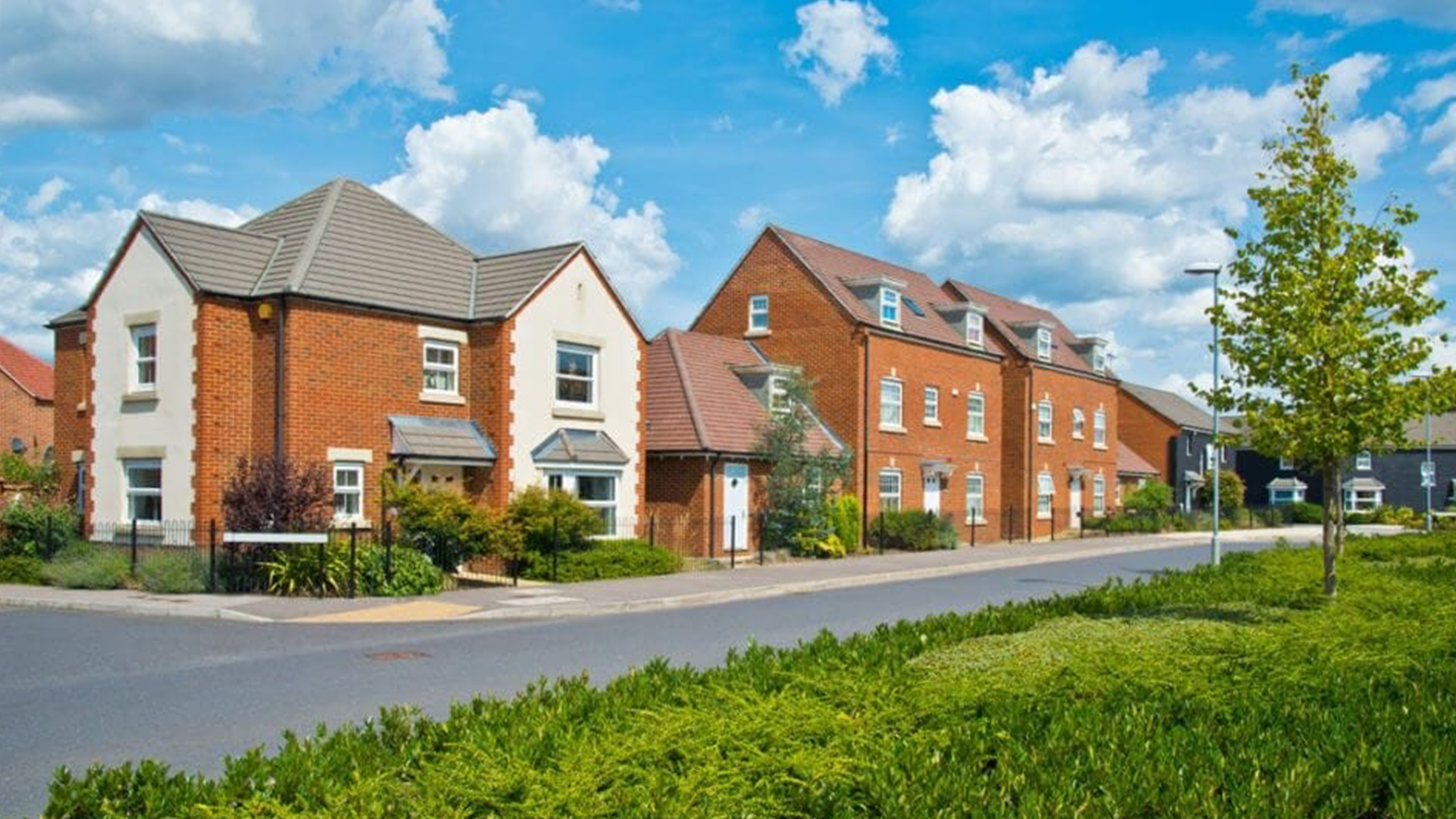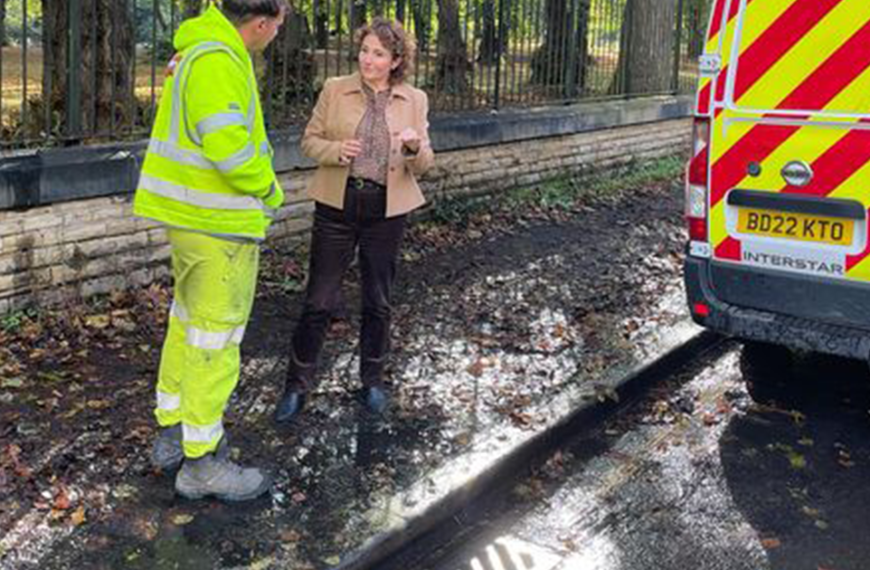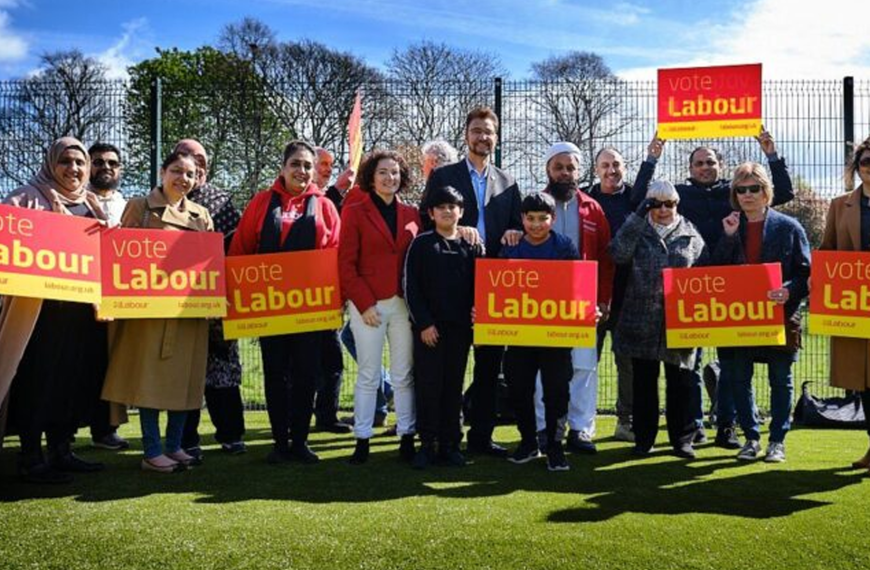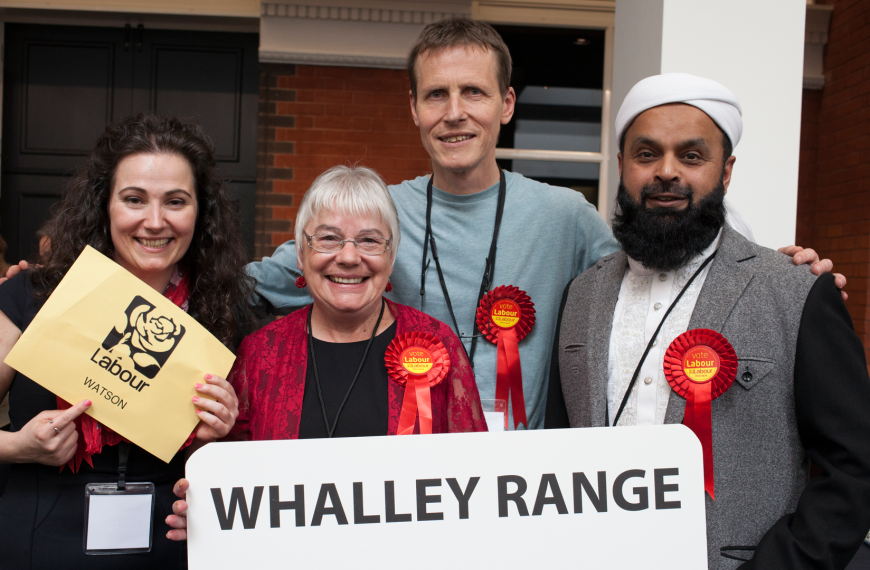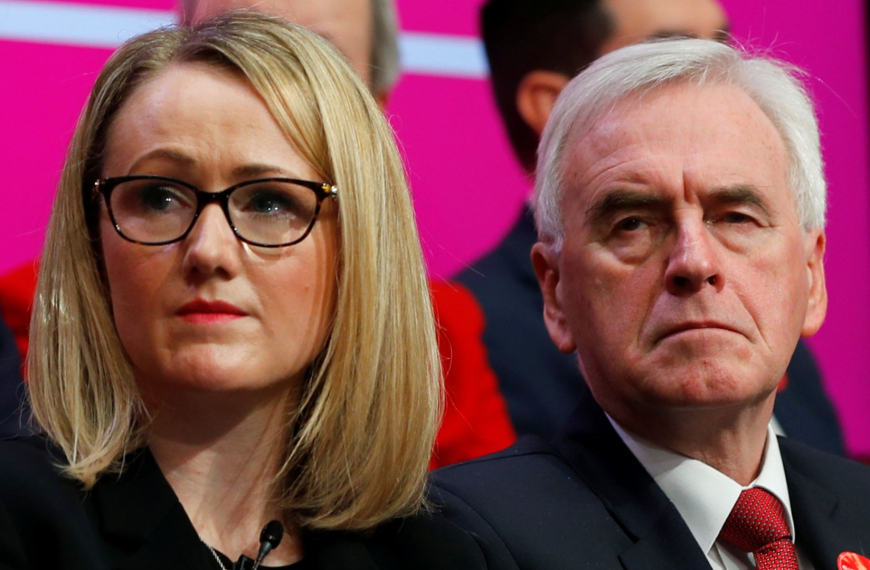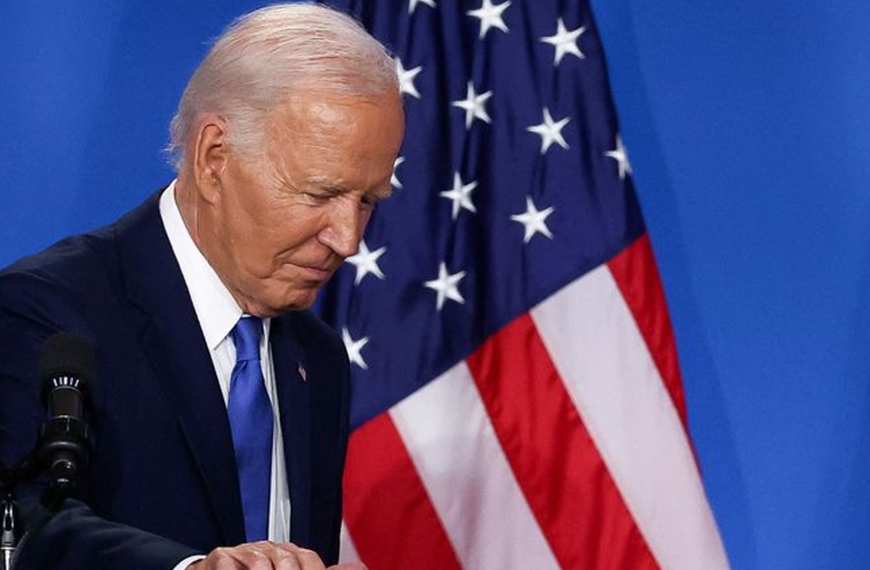Housing is one of the many crisis’ facing the newly elected Labour Government. The UK Social Housing stock has been seriously depleted since Margaret Thatcher introduced the tenant Right to Buy scheme in the 80s. Many tenants bought their council homes at knockdown rates, and flipped them to private landlords, thus netting a tidy profit in the process. To add to the problem, Social Landlords were not allowed to replace the stock they’d lost, which led to a national housing shortage and a boom in house prices.
Before the Right to Buy scheme was introduced, the average UK house price was three times the national average wage. In 2000, this had increased to four times the average wage, and in 2024 it now stands at EIGHT TIMES the average wage. Studies show the UK is five million houses short of the amount needed to supply the growing demands of a population of over 67 million.
The chronic housing shortage has made millionaires out of many private landlords, who can essentially charge what they like for rent, meaning housing accounts for nearly 2⁄3 of the income earned by many tenants. This is clearly unsustainable. To further add to the problem, many European building industry workers left the UK after being made to feel unwelcome because of Brexit, which led to a skills shortage crisis, and subsequent labour costs skyrocketing. When added to the cost of living crisis which severely affects the price of building materials, this all paints a very bleak picture for those looking to get onto the property ladder, or trying to find affordable housing to rent.
Labour certainly has its work cut out to solve this problem. It’s an issue which has been left to spiral out of control by successive UK Governements. Angela Rayner announced that Labour intends to build 1.5 million homes (300k per annum) over the lifetime of this Parliament, which is an ambitious target indeed. There is little by the way of specific detail of how Labour intend to do this, but it is nevertheless one of the Parliamentary Labour Party’s key General Election pledges.
The Two Main House Building Issues Identified
The housing crisis was raised at a recent Rusholme Manchester Constituency Labour Party meeting, and Old Moat Councillor Gavin White (pictured above) kindly attended to outline the issues and discuss solutions. Gavin is Manchester City Council’s Executive Member for Housing and Development, and whilst I won’t go through every point raised and discussed, two major things stopping the building of more affordable housing leapt out.
There has always been resistance from wealthier rural communities toward housing developers ploughing up greenbelt land to help solve the housing crisis, with residents claiming councils and developers should first look toward urban brownfield sites, before touching uninhabited green spaces.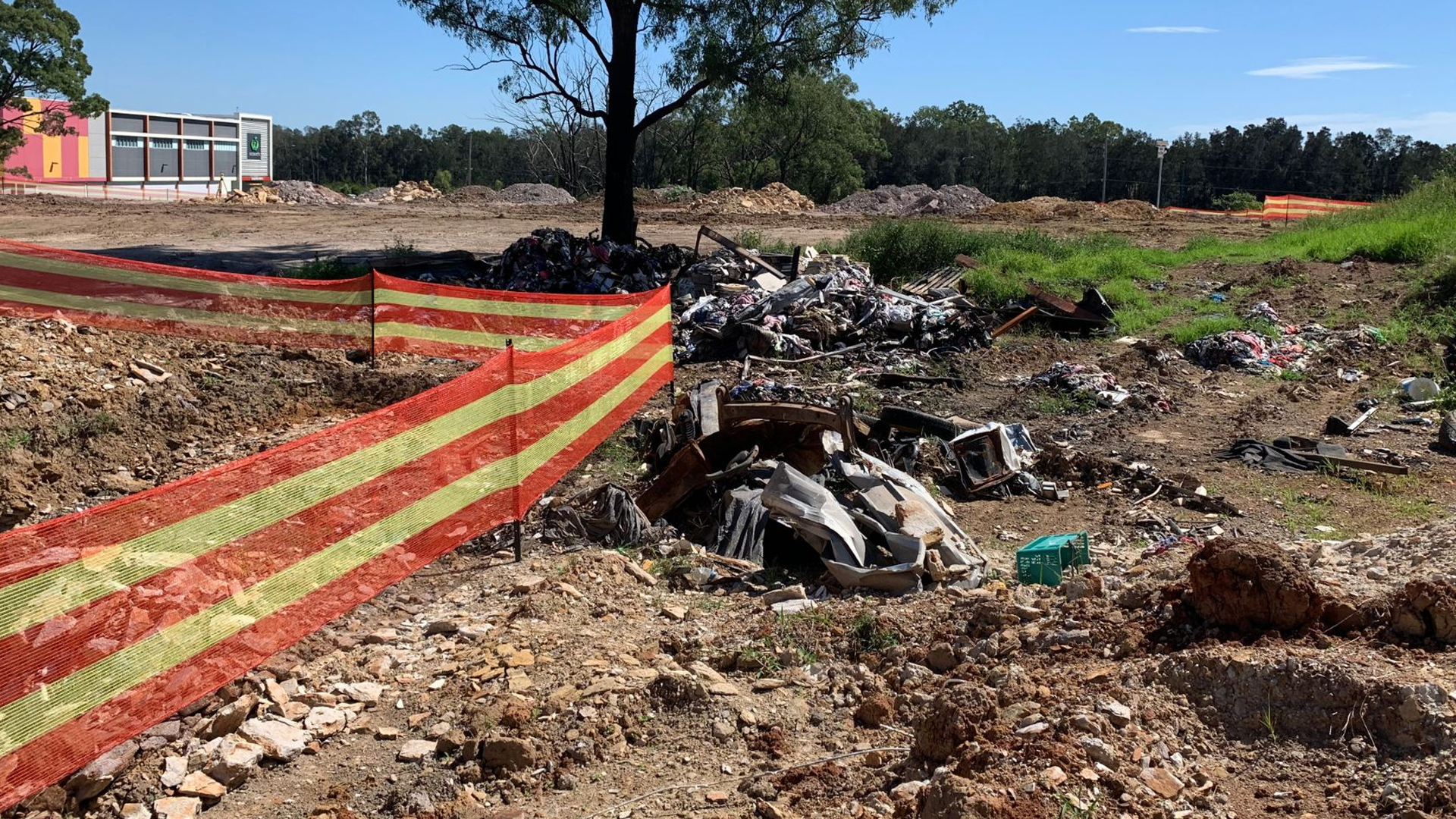
When asked why developers favoured building on greenbelt land, Gavin said it was because the greenbelt was easier to develop than urban brownfield sites. He went on to say there was more than enough brownfield sites across the UK to fulfill the UK’s urgent housing needs, but because these sites needed to be decontaminated at huge cost, it made the viability of many projects prohibitively expensive.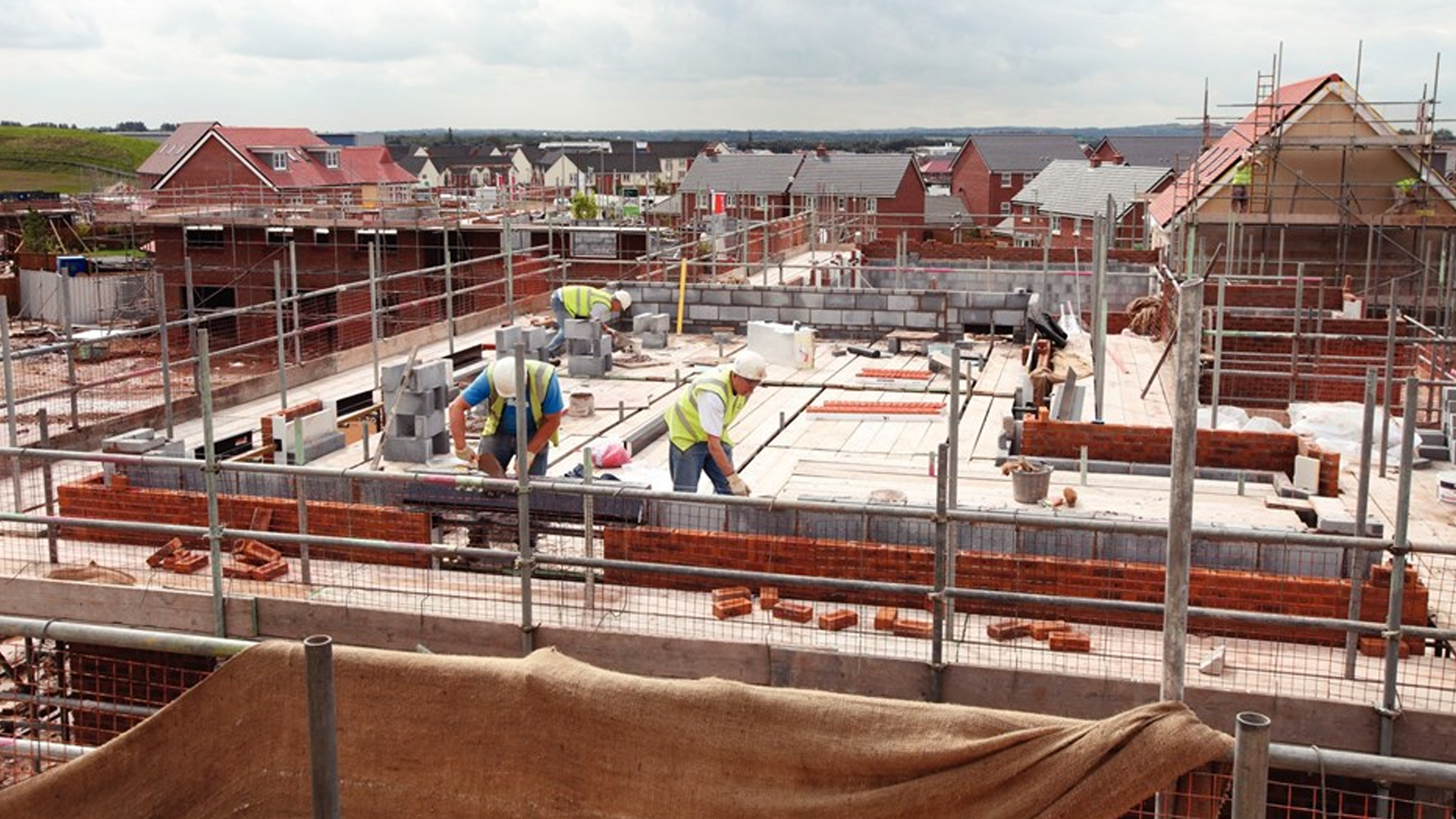
Cutting to the chase, the cost of cleaning up contaminated brownfield sites and the house building industry skills gap are the two major stumbling blocks holding back a boom in UK house building. Whalley Range Labour will further discuss these issues at a Ward and Constituency level, and will put forward a policy proposal for the Labour Party Conference, to create a fund to decontaminate brownfield sites UK-wide, as a stand-alone issue.
The skills gap in the house building industry will be fed into a wider discussion on an Education system fit for the 21st Century. We hope to begin the process of addressing the UK’s chronic skills shortage, instead of having to rely on overseas talent to fill the gap. There is a lot to do, and very little money to do it with, but our hope is that once we reprioritise the government’s approach away from fighting culture wars and Brexit related issues, and instead focus on the things that really matter to the UK populous, we can start to deliver on our promise of a better and more prosperous future for the many, and not the few.
Click here to read or download a copy of our Housing Report from December 2023.

